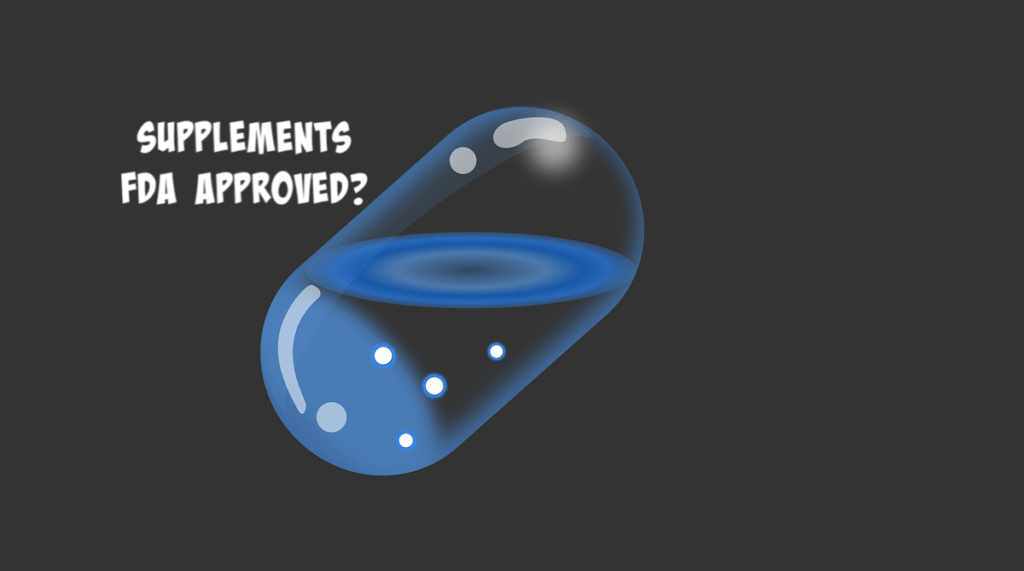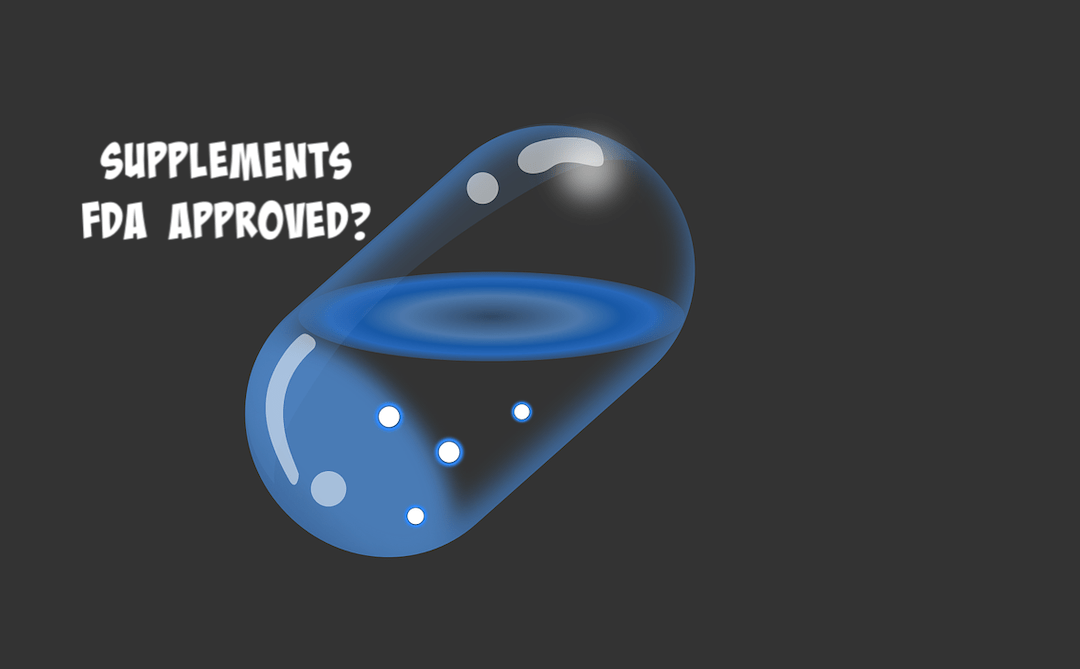
DID YOU KNOW that some people still ask the question “Is ASEA Redox FDA approved?”
DID YOU KNOW that the FDA (the U.S. Food and Drug Administration) oversees dietary supplements under a completely different set of regulations than those covering food and drugs? ASEA Redox is a supplement. The FDA regulates but does not “approve” supplements.
ASEA REDOX is produced in an FDA-registered facility. As a company, ASEA cares deeply about following the guidelines set forth by the FDA and always makes sure to stay up to date with any changes in the regulations or manufacturing practices.
ASEA’s production facility is also certified by the Global Public Health and Safety Organization, NSF International. Our NSF-registered facility meets all FDA Good Manufacturing Practices (GMP).
ASEA has also gone the “extra mile” to obtain certification for ASEA REDOX and RENU 28 by a leading independent third-party lab obtaining their seal of guarantee that these products do contain active redox signaling molecules.
DID YOU KNOW that when people ask the question “Is ASEA FDA approved?” they are probably wondering if ASEA is safe?
Here are some facts to keep in mind.
FACT #1. ASEA has invested millions in multiple third-party research studies to prove our products are both safe and effective. They have also been shown to have no side effects. Many of these studies are posted on ASEAscience.com
FACT #2. Being “FDA-approved” is not an absolute guarantee of safety. For example, just this week, Zantac (ranitidine), a popular drug for heartburn and acid reflux, was recalled over cancer-causing concerns. A study published in the Journal of the Medical Association in March 2015 showed that the use of common anticholinergic drugs like Benadryl increases the risk of dementia and Alzheimer’s by 54%.
FACT #3. Drugs, even though FDA-approved, can have still serious side-effects. For example, the potential side effects of Otelza, a vigorously marketed drug for psoriasis, include the following according to the drugs website: “In clinical studies, some patients reported depression and suicidal behavior while taking Otezla… Side effects of Otezla include diarrhea, nausea, vomiting, upper respiratory tract infection, tension headache, and headache. These are not all the possible side effects with Otezla.”
If you are thinking of becoming an ASEA associate and want to become more educated about ASEA contact us and we’ll connect you with an ASEA leader near you.
First posted 10/19/2019

